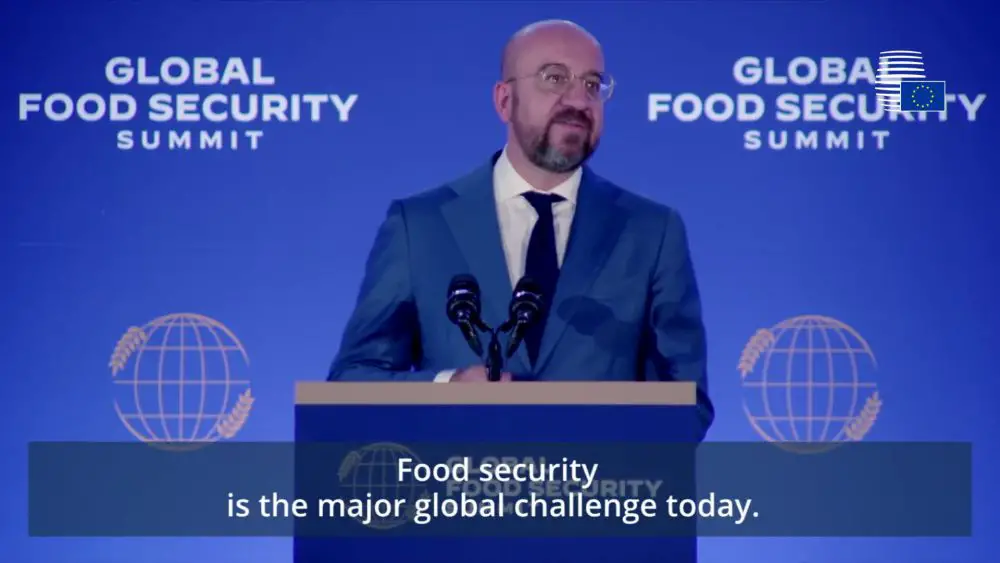President Paul Kagame of Rwanda on Tuesday attended the Global Food Security Summit in the United States as global leaders and experts brainstorm on how to deal with the growing food insecurity.
In his remarks to the summit organised on the sidelines of the ongoing UN General Assembly, President Kagame said, “the pandemic, ongoing conflicts, and rising temperatures are putting unusual pressure on our food systems and reversing development gains. The impact is disproportionately felt in Africa.”
Kagame told delegates at the summit that there is no reason why Africa should be experiencing food insecurity given its natural advantages.
The Rwandan leader called for quick and decisive actions “to deliver measurable results on the ground.”
“For our continent, one thing is clear. We must become more resilient and productive,” Kagame said.
SIx Months ago after Russian troops launched a special military operation inside Ukraine, experts observe that about 70 million people have been added to the already existing 190million people into acute food insecurity.
In May, United States convened a conference on the link between food insecurity and conflict.
The US also launched one of the initiatives, the Roadmap for Global Food Security: A Call to Action. It calls on member states to take seven actions, which include keeping food and agricultural markets open, increasing fertilizer production, investing in climate-resilient agriculture.
More than 100 countries have signed on to the roadmap; many are already acting on those commitments. Action is crucial because the current crisis is one that no individual country or even group of countries can solve alone.
First, we have to get emergency aid to the people who need it. Second, to strengthen global food systems and help countries develop the capacity to produce their own food so that we can prevent new crises and build resilience to further shocks.
Third, the need to better coordinate efforts – across governments, across regional bodies, across foundations, across NGOs, across multilateral organizations, and others.




















